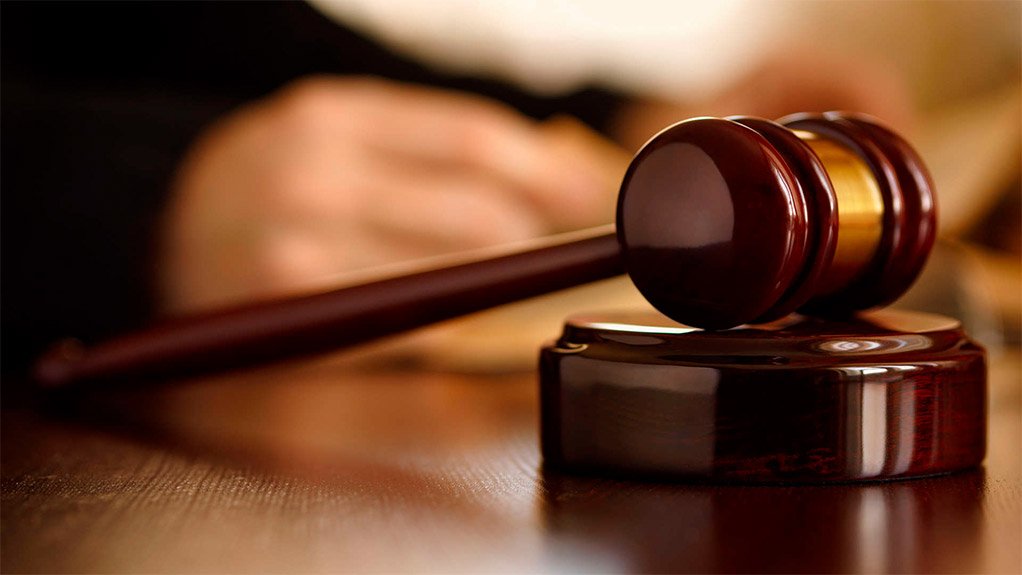Once the draft Prevention of Hate Crimes and Hate Speech Bill has been finalised and written into law, it will increase the workload of the National Prosecuting Authority (NPA), the prosecuting authority says.
The NPA will be tasked with prosecuting all the matters.
The Director of Public Prosecutions in Pretoria, Sibongile Mzinyathi, was speaking to reporters at the SA Human Rights Commission (SAHRC) on Wednesday during a two-day public hearing into racism and social media.
The Act aims to guard against infringements on human rights, particularly racial discrimination and xenophobic intolerance, in terms of the Constitution.
"The concern we might have is that there are so many areas that the act will criminalise and we are concerned about the volumes of work that may come our way that will have to be dealt with," Mzinyathi said.
Investigations guided by prosecutors
He also posed a question of how easy or difficult it would be for law enforcement agencies to successfully investigate such matters, "which on its own will place demand on prosecutors to have to guide those investigations", he said.
"Remember that, in the majority of instances, investigations are to a large degree, guided by prosecutors.”
Mzinyathi was one of many affected parties who attended the SAHRC’s hearings into the matter.
A three-member panel made up of SAHRC chairperson Advocate Bongani Majola, commissioner Angie Makwetla and former Constitutional Court Justice Albie Sachs are holding investigative hearings into the issue of racism and hate speech on social media.
The commission received 505 race-related complaints during the 2015/2016 financial year. Of these complaints, the commission found an increase in social media being cited as a "location" where some of these race-based complaints were found.
A question was posed to Mzinyathi during his presentation on the finer details around who could possibly face prosecution once the Act was law.
'Intention is a frame of mind'
If someone in South Africa had shared a hateful post which originated in a different country, the South African user could still face possible prosecution for sharing the content, however intent to cause harm needed to be proved, Mzinyathi said.
"Intention is a frame of mind, so as part of the investigation, I think the investigators will have to look into all the surrounding circumstances of the person who re-sends the [post].
“In the context of criminal law, every offence must have the element of intention and we may have to grapple with what extent the offences are covered in the Hate Crimes and Hate Speech Act are.”
For now, Mzinyathi said the bill was still in its draft form and consultations on it were still underway. The NPA has already submitted its proposals on aspects of the Act which it feels have room for improvement, he said.
Earlier, the justice department's Chief Director of Social Justice and Participatory Democracy, Danaline Franzman, said the bill was expected to be finalised and be presented to Cabinet by September this year.
EMAIL THIS ARTICLE SAVE THIS ARTICLE
To subscribe email subscriptions@creamermedia.co.za or click here
To advertise email advertising@creamermedia.co.za or click here











